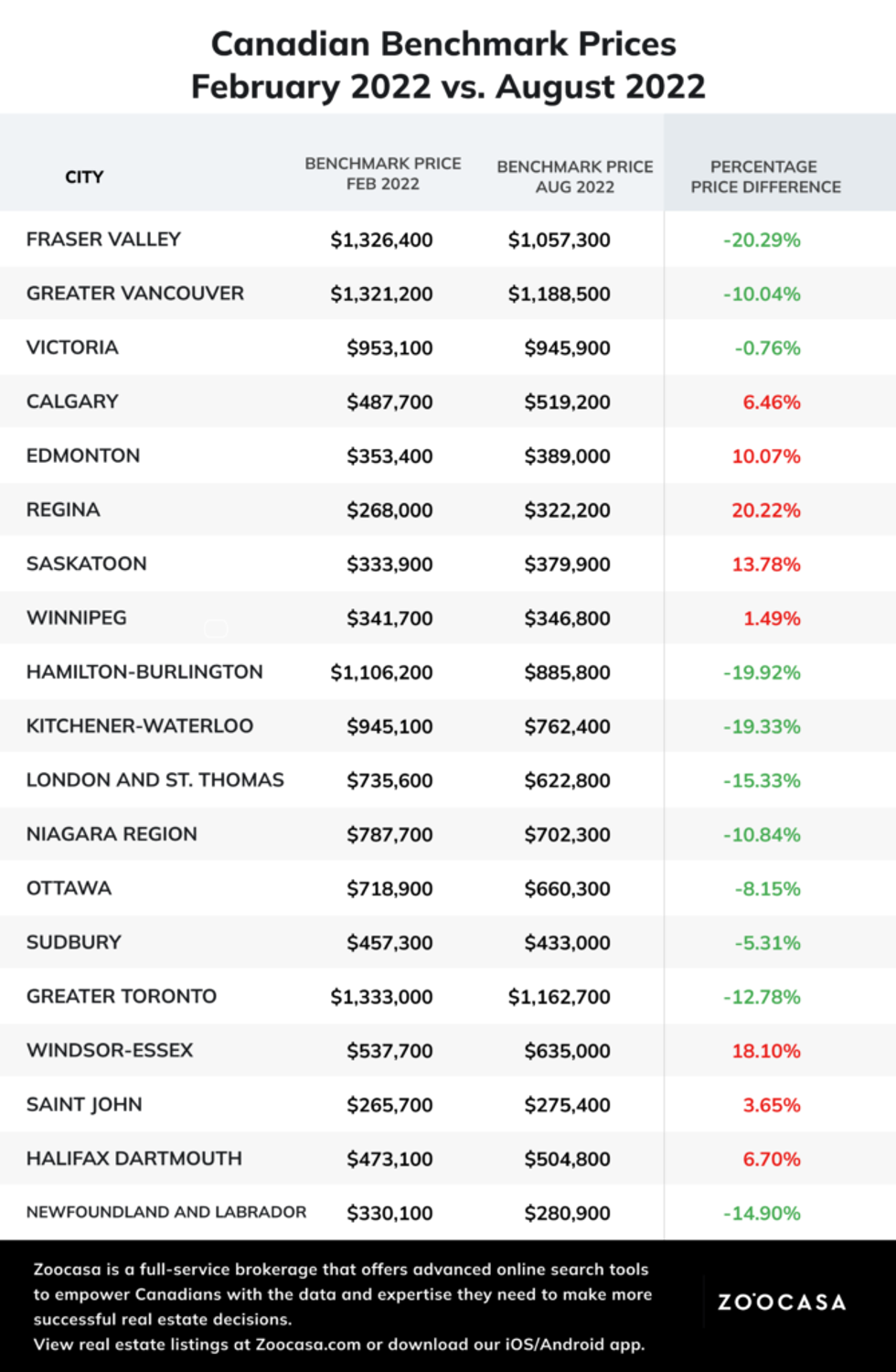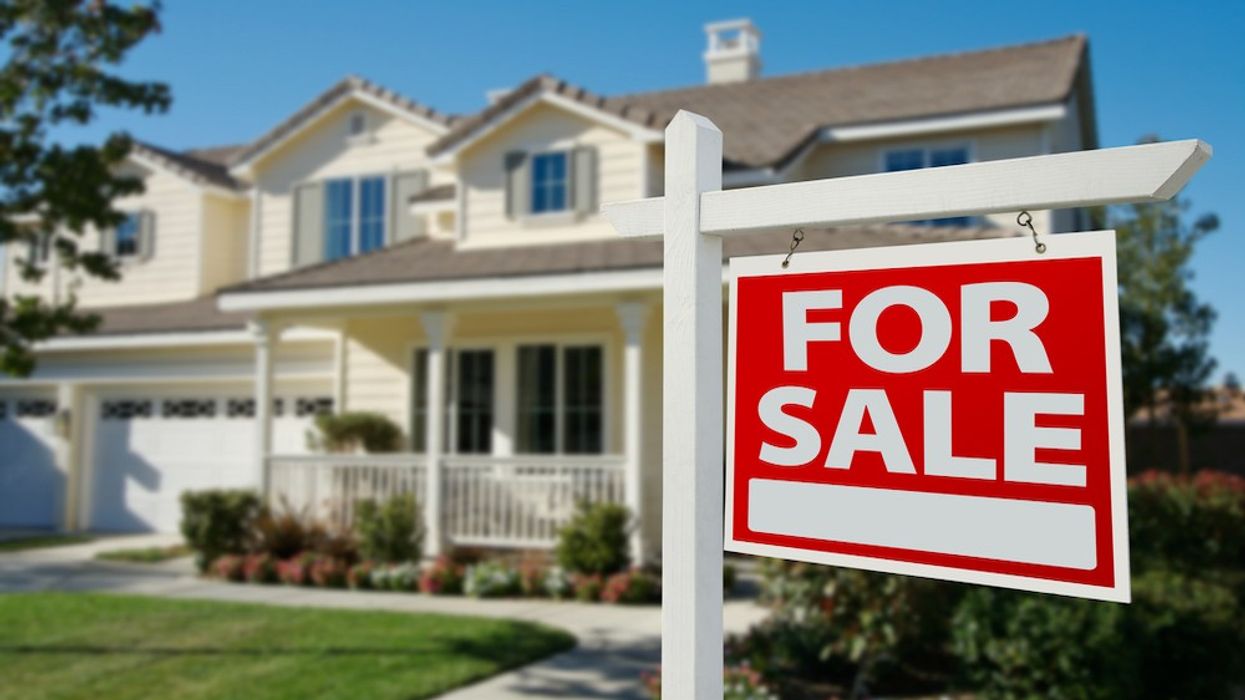As interest rates climb and prices slip, half of would-be buyers are planning to hold off for at least a year out of fear of overpaying, a new report from real estate brokerage Zoocasa finds. But that may not necessarily be the best approach right now.
In a recent survey conducted by Zoocasa, 60% of respondents said they are looking to buy a home in the near future, but 50% reported that they are planning to wait a year or longer. Timing any market, including the real estate market, is by no means easy, nor is it an exact science. The report points to the quick downward shift in the market seen earlier this year, as well as the rapid return of buyer conditions, as just two examples of how suddenly and unexpectedly the market can change.
“We are seeing more conditional offers on the market following months of competitive, condition-free offers,” said Zoocasa CEO and Broker of Record Lauren Haw. “This negotiating power means that some of the pressure has been alleviated from buyers, and aside from conditions, we’re seeing more wiggle room with prices as well.”
Although this wiggle room does indeed exist, and we've seen prices trend downwards since their February peak, homes are by no means particularly affordable, especially in the country's most populous provinces. According to Zoocasa's survey results, 60% of those wanting to buy a home are looking to purchase a detached house -- the most expensive form of residential real estate, on average -- so it doesn't come as a total surprise that buyers are focused on getting the best price possible.
Rising interest rates haven't helped with buyer confidence either, with fears abounding of either getting locked in at a higher fixed rate or taking on a variable rate and having to suffer through further rate hikes. In fact, nearly 36% of respondents said that "rising interest rates have had a negative impact on their interest in the real estate market."
But the report notes that higher interest rates have brought along with them one large benefit for would-be buyers: downward pressure on home prices. In the Greater Toronto Area (GTA), for example, the average sale price in August was 7.16% less than the benchmark price -- the estimated value of a typical home in the area -- for the same year. Other cities like Calgary, Hamilton, and the Fraser Valley have followed this trend.
"We’re seeing the market begin to level out, albeit slowly, but these trends across the country show that buyers are negotiating sales prices and often coming out on top," the report reads.

These homes are also sitting on the market for longer than they did during the pandemic housing boom, meaning buyers who purchase now don't have to undergo the same pressure to make an offer immediately out of fear of missing out. In the GTA, the 'average days on market' has already increased from 21 in 2021 to 34 in 2022.
"This is good news for those that fear overpaying; if a property is active on the market for a longer period of time, there may be less competition, again leading to more room for discussion at offer time," the report says.
So, when it comes down to it, for those would-be buyers who put their real estate dreams on hold out of fear of overpaying, the report says now may be the time to reevaluate and speak to a mortgage specialist about prices in your desired area and what you can afford.





















